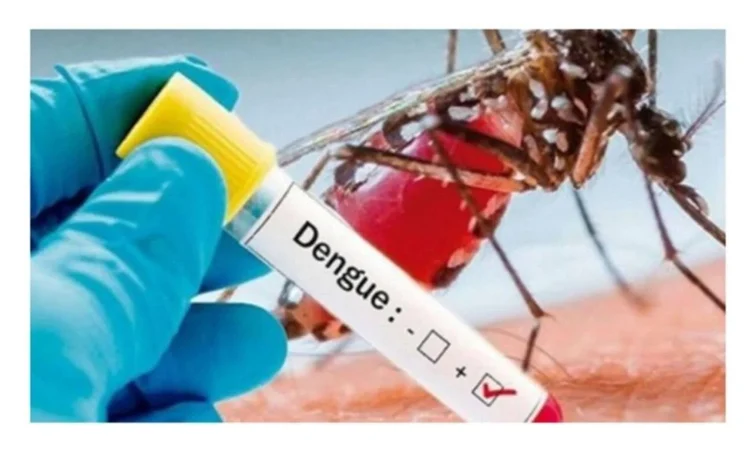News Flash

DHAKA, June 24, 2025 (BSS) - Experts have suggested immediately taking all preventive measures to tackle the dengue outbreak in the country before starting rain in full swing during the monsoon.
Against the exponential growth of the dengue-borne Aedes mosquito, all the possible preventive measures must be applied appropriately, entomologists and public health experts said as this year's weather conditions may a role in spreading dengue.
There has been precipitation since April this year and if the temperature remains at 25 to 30 degrees Celsius and the humidity is 30 to 100 percent, it will be very suitable for the breeding of Aedes mosquito, they added.
Jahangirnagar University Zoology Professor and senior researcher Dr Khairul Bashar said the dengue can spread in August-September this year.
Since the beginning of this year, the number of patients infected with dengue has increased significantly compared to that of previous years, he said.
"This year, the dengue situation may be worse than that the previous years," he added.
ICDDR,B scientist Muhammad Shafiul Alam said hot temperature along with rains may create a great scope for the spread of Aedes mosquitoes this year.
The overall dengue situation could become a quite complicated this time, he warned.
According to the Health Emergency Operation Centre at the Directorate General of Health Services (DGHS), as of June 22, 2023, a total of 8,150 dengue patients have been hospitalised in the country and 32 have died.
Although the number of infected people was relatively low in February and March, the number of cases was gradually increasing now.
In January, 1,161 people were infected with dengue, while 374 in February, 336 in March, 701 in April, 1,773 in May and 3,802 in the 23 days of June this year.
This year, as of June 23, 34 people died of dengue. Of these, 10 died in January, 3 in February, 7 in April, 3 in May and 11 in the current month.
According to a study of the Insect Rearing and Experimental Station (IRES) at Jahangirnagar University, density of Aedes mosquito has increased in Dhaka city.
Breteau Index (BI) is a tool used to assess mosquito larval density, particularly for Aedes mosquitoes which transmit diseases like dengue. If the index scores above 20 in any area, it is considered highly risky for dengue. At present, in many areas of the capital, the index exceeds 50.
According to an IEDCR survey, larva of Aedes mosquitoes was found in about 59 percent multi-storey buildings in Dhaka this year while it was in 42 percent buildings last year.
Outside Dhaka, the most at-risk districts are Jhenaidah (60%), Magura (55.56%), Pirojpur (20%) and Patuakhali (19.26%). Out of 270 houses inspected in Jhenaidah, 162 containers were found positive with larva, while 150 were found in Magura, 54 in Pirojpur and 52 in Patuakhali.
DGHS Director General Professor Dr Abu Zafar said dengue is a multidisciplinary challenge and only the DGHS cannot control it alone.
Noting that the responsibility of dealing with dengue is actually multidisciplinary, he said the local government and city corporations are also their partners.
"We mainly look after the treatment of someone infected with dengue. Two organisations work on the entire process of controlling Aedes mosquitoes to prevent dengue," he said.
IEDCR Director Dr Tahmina Shirin said the Disease Control Unit of the DGHS has already taken initiatives to strengthen cleanliness drives and increase public awareness in risky areas.